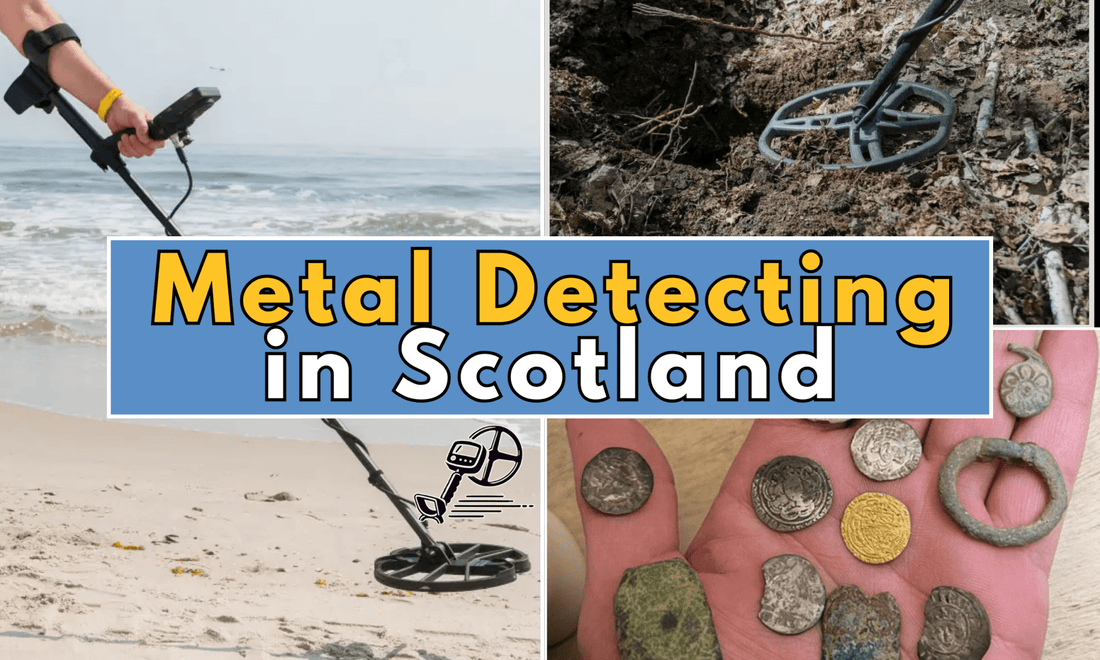
Metal Detecting in Scotland: A Treasure Hunter's Guide to the Land of Legends
Share
Metal detecting in Scotland offers a unique opportunity to uncover pieces of the country's rich history while exploring its breathtaking landscapes.
From ancient Celtic artifacts to relics of the Jacobite risings, Scotland's soil holds countless treasures waiting to be discovered.
This comprehensive guide will explore the ins and outs of metal detecting in Scotland, including the best places to go metal detecting in Scotland, legal considerations, and expert tips for a successful hunt.
Can You Metal Detect in Scotland?
One of the most common questions enthusiasts ask is, "Can you metal detect in Scotland?" The answer is yes, but with some important caveats. Metal detecting is legal in Scotland, but there are strict regulations in place to protect the country's archaeological heritage.
Legal Considerations for Metal Detecting in Scotland

Before you start swinging your detector, it's crucial to understand the legal framework:
Treasure Trove Law: All finds of archaeological importance, regardless of age or composition, must be reported to the Treasure Trove Unit .
Scheduled Monuments: It's illegal to metal detect on scheduled monuments without permission from Historic Environment Scotland .
Landowner Permission: Always obtain permission from the landowner before detecting on private property.
Can You Metal Detect Anywhere in Scotland?
While metal detecting is generally allowed in Scotland, you can't metal detect anywhere in Scotland without restrictions. Here are some key points to remember:
Public Land: Many public areas allow metal detecting, but always check local regulations.
Beaches: Most beaches are open for metal detecting, but some may have restrictions.
National Parks: Detecting in national parks may require special permissions.
Historic Sites: Always avoid detecting on or near known archaeological sites without proper authorization.
Best Places to Go Metal Detecting in Scotland
Scotland offers a wealth of exciting locations for metal detecting enthusiasts.
Here are some of the best places in Scotland for metal detecting:

1.)The Scottish Borders
The Scottish Borders region is rich in history and offers excellent opportunities for metal detecting:
Battlefields: Sites of historic battles like Flodden Field
Roman Roads: Traces of ancient Roman presence
Medieval Settlements: Areas with a long history of human habitation
2. Highlands and Islands
The rugged terrain of the Highlands and Islands can yield fascinating finds:
Coastal Areas: Potential for Viking artifacts
Abandoned Crofts: Sites of former settlements
Jacobite Rising Locations: Areas associated with the 18th-century uprisings
3. Fife
Fife's long history makes it one of the best metal detecting sites in Scotland:
Ancient Kingdom: Once the center of the Pictish kingdom
Coastal Towns: Rich maritime history
Agricultural Land: Potential for finds spanning centuries
4. Dumfries and Galloway
This southern region offers diverse detecting opportunities:
Roman Fortifications: Remnants of Roman occupation
Medieval Abbeys: Areas around historic religious sites
Coastal Regions: Potential for shipwreck artifacts
Best Beaches for Metal Detecting in Scotland

Scotland's coastline offers some of the best beaches for metal detecting.
Here are top picks:
St. Andrews West Sands, Fife: Long stretch of sand with historical significance
Luskentyre Beach, Isle of Harris: Beautiful and remote, with potential for unique finds
Portobello Beach, Edinburgh: Urban beach with a long history of visitors
Nairn Beach, Highlands: Expansive sandy beach with historical connections
When metal detecting on Scottish beaches, always be aware of tide times and local regulations.
Tips for Successful Metal Detecting in Scotland
To make the most of your metal detecting adventures in Scotland:
Research Historical Maps: Study old maps to identify promising areas
Join a Local Club: Connect with experienced detectorists familiar with Scottish terrain
Invest in Quality Equipment: Scotland's varied landscapes require versatile detectors
Understand Soil Conditions: Familiarize yourself with Scotland's diverse soil types
Record Your Finds: Keep detailed logs of your discoveries and their locations
Respect the Environment: Always fill in holes and remove any trash you find
The Future of Metal Detecting in Scotland
As we look ahead to 2025 and beyond, several factors are shaping the future of metal detecting in Scotland:
Advanced Technology: New detectors with improved capabilities for Scottish soil conditions
Collaborative Archaeology: Increasing partnerships between detectorists and professional archaeologists
Climate Change Impact: Coastal erosion may reveal new detecting opportunities and challenges
Evolving Regulations: Stay informed about any changes to Scottish metal detecting laws
Conclusion: Uncovering Scotland's Hidden Treasures
Metal detecting in Scotland offers a thrilling opportunity to connect with the country's rich history firsthand. From the windswept beaches of the Hebrides to the rolling hills of the Borders, Scotland provides a diverse and exciting landscape for detectorists of all levels.
Remember, the key to successful and responsible metal detecting in Scotland lies in respecting the law, the land, and the historical significance of your finds. Always obtain necessary permissions, report significant discoveries, and treat the Scottish countryside with the reverence it deserves.
Whether you're a seasoned detectorist or a newcomer to the hobby, Scotland's varied terrain and deep historical roots offer endless possibilities for exciting discoveries. So grab your detector, do your research, and set out to explore the hidden treasures of Caledonia. Who knows what pieces of Scottish history you might unearth on your next adventure?
Happy hunting, and may your searches be both fruitful and respectful of Scotland's rich heritage!

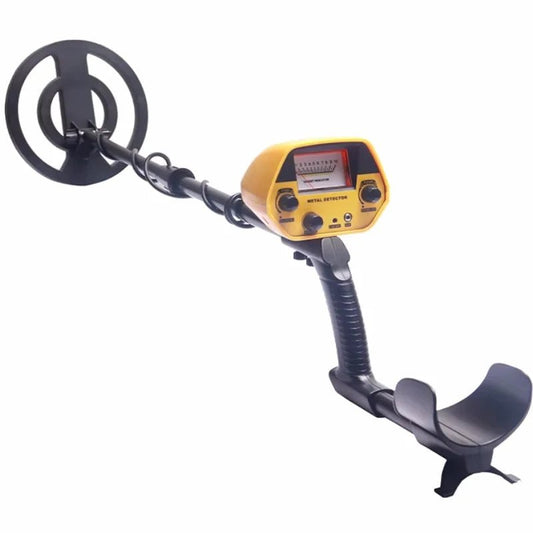
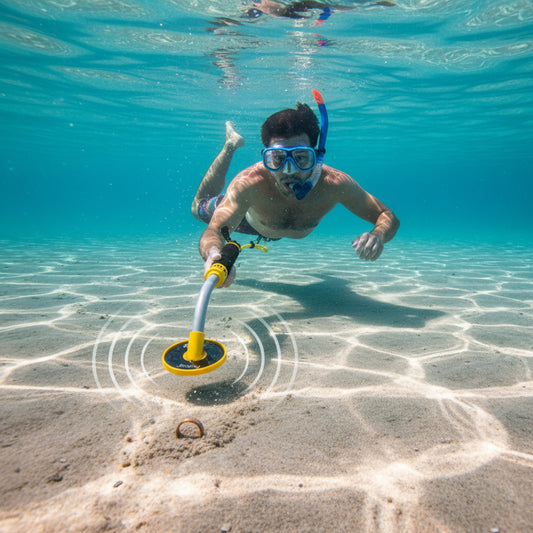
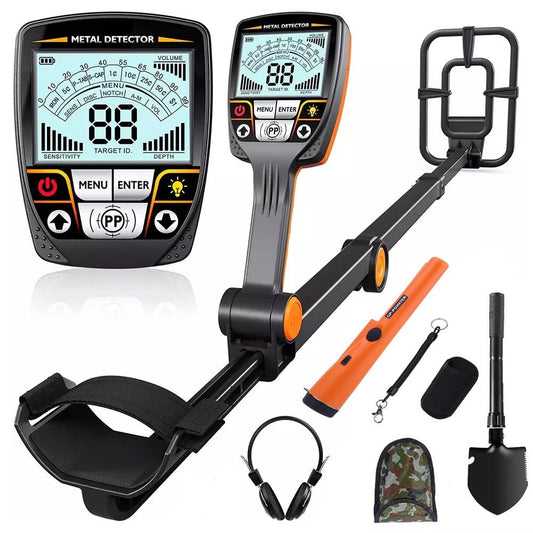
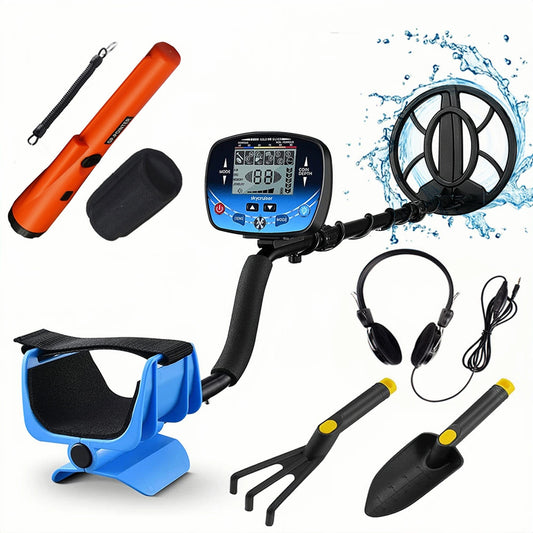
1 comment
Looking for maps of restricted areas in Kilsyth area. G65